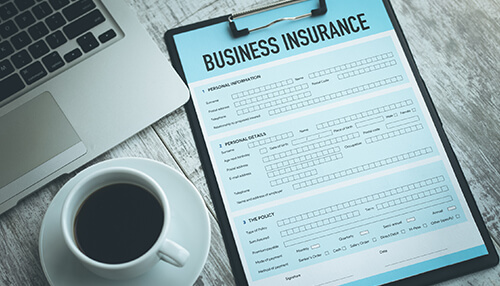Introduction
Nearly everyone relies on the grocery store. We are unable to imagine life without a food store. The supermarket is a one-stop shop for anything from fresh fruits and vegetables to meat, milk to ice cream or desserts, bread to cereals. Consequently, opening a grocery store is a wise and successful retail business idea for you. You will succeed if you can locate a grocery store in a prime area and wisely stock it with the things you need every day.
Starting the Grocery Store Business: Business Plan Checklist
In this article, we are going to talk about the business plan checklist for starting a profitable retail business.
1. Decide on a location
You must carefully consider the store’s location if you want your grocery store business to succeed. While a bad location can harm your prospects, a prime area will bring you more visitors.
2. Recognize the Market
Try to learn about local market trends before opening your food store. Conduct market research to learn more about the local market’s demand and competitors. The staples of a food store are consistently in demand. To choose the brands you intend to stick with, you must be aware of the regional favourites.
3. Create a business plan for a grocery store
Make a business plan once the research phase is completed. When creating a business strategy, give every part of the company your undivided attention. You might seek guidance from a financial professional or an established grocery store owner for a well-written business strategy.
Your business model should include a thorough analysis of the key factors like:
- Investment Portfolio
- Funding Source
- Cost Structure
- Projected Income
- Potential Business Plan for Customer Marketing
4. Choose a grocery store name
Pick a catchy name for your grocery store enterprise. Do some brainstorming to come up with a good name for your company. Obtain feedback from others before deciding on a name.
Establish the website for your grocery store after registering the domain with the name of your company. Obtain a trademark for your company name as well.
5. Establish Your Company
If you want to operate a legally acceptable grocery store business, registration of your company is very necessary. Every nation and state offers a wide variety of business legal structures according to the size and scope of the firm. For instance, the two most popular business legal structures in the United States are an LLC and a sole proprietorship. Creating an LLC does have some additional advantages, and it also makes tax preparation much simpler.
6. Obtain licenses, permits, and tax registrations
To open a grocery store, you require a number of federal, state, and local licenses and permits. The local health agency must first grant you a license before you may sell food products. Second, a liquor license is required if you want to sell alcohol. Thirdly, the resale certificate can also be necessary.
Additionally, you will register your company with its legal structure for the required taxes.
7. Purchasing business insurance
You must ensure your grocery store business against numerous types of damage and accidents to prevent loss and stay safe. You require many forms of commercial insurance plans.
8. Create an organization bank account
Create a bank account in your grocery shop’s name. Get a business credit card, which will enable you to receive credits for various transactions you make for your company.
Hire a skilled accountant to maintain the books of accounts carefully.
9. Determine the startup costs for a grocery store
A good start-up capital of between $450000 and $50000,000 is required. There are numerous expense categories for a grocery business.
Conclusion
According to the data, this industry will continue to increase over the next few years. As a result, it is both a lucrative and promising business field for you.
This demonstrates the grocery store industry’s promising future. You can launch this firm and anticipate significant profits.






